Elderberry vs Echinacea: two powerful plants that have earned a permanent spot in our medicine cabinet. Keeping these herbal remedies on hand has been a game-changer for our family's health, especially during flu season. These natural wonders have helped us battle viral infections, and bacterial infections, and have even eased the initial weeks of seasonal allergies. We've seen a noticeable reduction in the number of colds we catch and a shortened duration when we do experience cold symptoms or flu symptoms.
When it comes to fortifying your immune response, both elderberry and echinacea offer great options. They've long been praised in traditional herbal medicine for their immune-boosting effects. And it's not just about defense; these herbs can be an integral part of your daily routine aimed at maintaining a healthy immune system all year round.
Whether you're looking to combat winter season ailments or want to give your immune function an overall boost, it's essential to consult with a healthcare provider for advice tailored to your individual needs.
In this article, we'll delve deeper into the unique properties of elderberry and echinacea, helping you achieve optimum immunity.
Disclaimer: This article is not intended as medical advice. Always consult with a qualified medical professional before making any changes to your healthcare routine.
Jump to:
The Science Behind Herbal Medicine
In a world where pharmaceuticals often take center stage, the science behind herbal medicine offers a natural alternative that has stood the test of time. Whether you prefer a fresh herb or a dietary supplement, the efficacy of herbal products like elderberry and echinacea has been supported by various scientific studies.
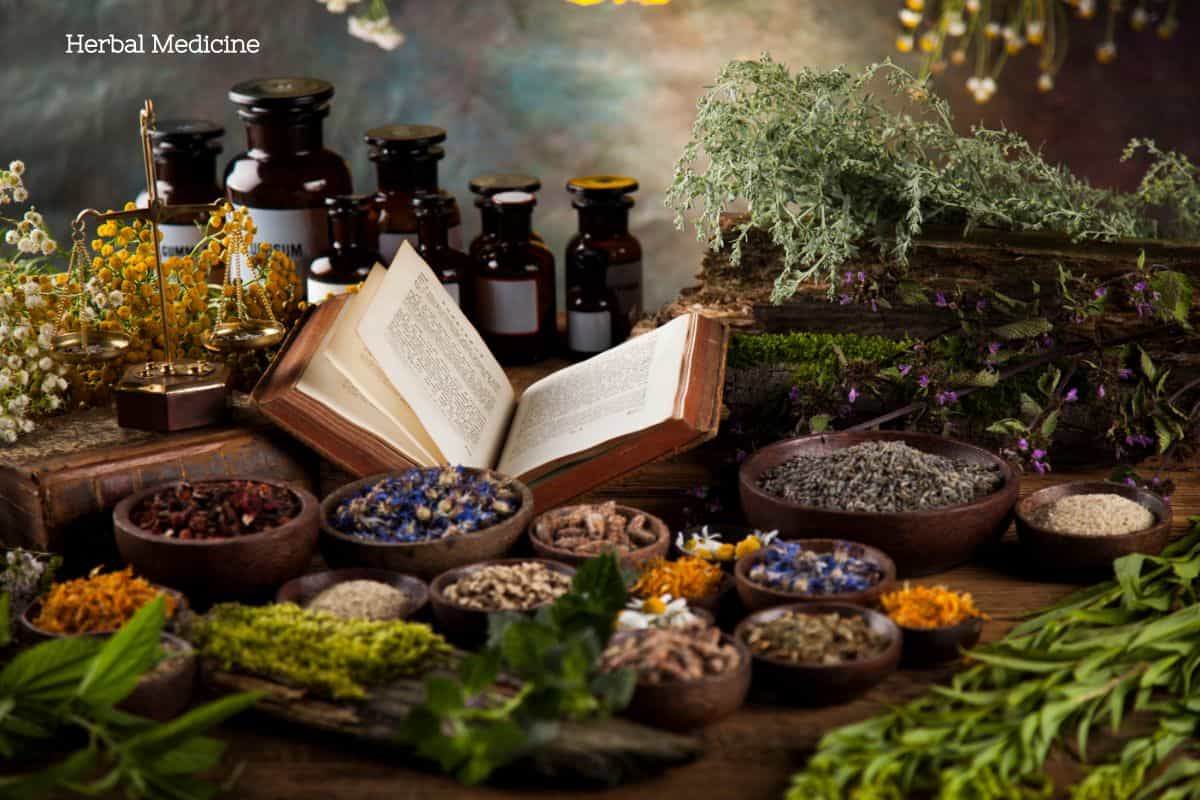
Elderberry, for example, has been studied for its method of activating immune cells, making it a great addition to boosting your body's defenses against viral and bacterial invaders.
Echinacea has been equally impressive, showing significant reductions in cold and flu symptoms in both human and animal studies.
During the winter months, our immune system is put to the test with environmental changes and an uptick in illnesses. Incorporating these herbs into your routine can be a strategic move to maintain a healthy body. Both of these herbs have been shown to increase the production of white blood cells needed to fight viral and bacterial infections.
But remember, it's crucial to consult your primary care physician to tailor these options to your specific needs, especially if you're currently taking any medications.
In various forms, be it tinctures, capsules, or teas, these powerful plants have been recognized in traditional medicine for their ability to fortify the immune system from being used as a general health tonic to help reduce the severity of symptoms of an upper respiratory tract infection.
And it's not just folklore; contemporary scientific studies corroborate the long-held beliefs about their efficacy.
What is Elderberry?
Elderberry, scientifically known as Sambucus Nigra, is a wonderful herb that has been revered for centuries for its medicinal properties and potential health benefits.
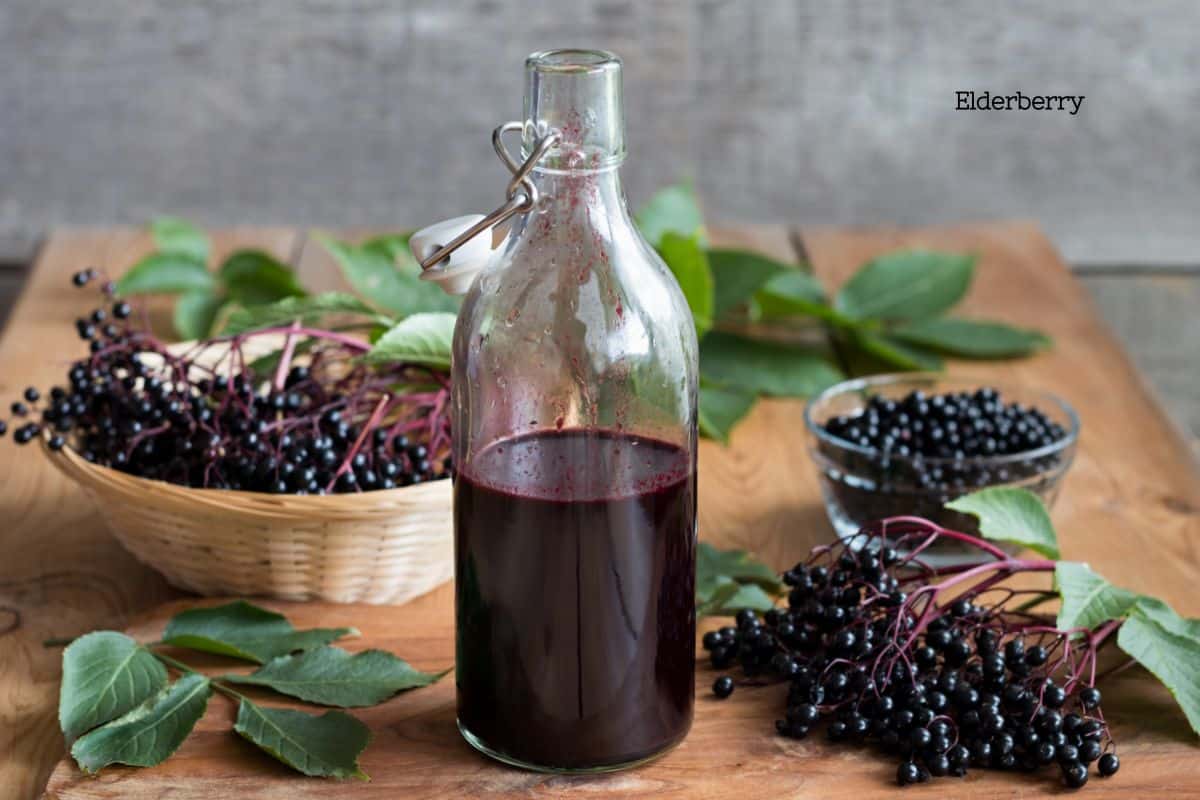
Originating in Europe and North America, this versatile plant offers a range of health benefits that extend beyond your typical herbal product.
One popular form of elderberry is elderberry syrup, a staple for those looking to fortify their immune systems. Elderberry is rich in antioxidant properties that combat free radicals, enhancing overall health.
Studies have also pinpointed its anti-inflammatory properties, which contribute to its effectiveness in reducing cold duration.
The specific component making waves in the health community is black elderberry. Not only does it contain antiviral properties that inhibit viral replication, but it also aids in the mobilization of white blood cells—key players in fending off infections.
These combined effects result in fewer viruses taking hold, making it a highly recommended option for addressing a variety of health concerns.
Multiple studies show varying effects of elderberry and elderflower tea on inflammatory cytokines.
Some studies show that elderberry increases cytokines in a way that helps promote a healthy immune response and other studies show that it may help decrease cytokine production and anti-inflammatory effects.
The benefits of elderberry extract and elderflower tea are multi-faceted. From flu or cold episodes to a sudden surge in seasonal allergies, it works by not just attacking viruses but also modulating the body's response to infections.
The efficacy of this plant, backed by scientific studies, positions itself as an essential element in holistic health practices worldwide.
 Gaia Herbs Black Elderberry...Shop on Amazon
Gaia Herbs Black Elderberry...Shop on Amazon
 Elderberry Queen Organic El...Shop on Amazon
Elderberry Queen Organic El...Shop on Amazon
Elderberry Precautions
While elderberry offers numerous health benefits, it's crucial to exercise caution. Consuming raw elderberries may have adverse effects. Elderberries should be cooked properly before being consumed.
Pregnant women should consult healthcare providers before using any form of elderberry, as clinical trials in this demographic are limited. The Food and Drug Administration (FDA) does not regulate herbal products. Because of this, it's vital to source from reputable brands to avoid potential side effects or allergic reactions.
What is Echinacea?
Echinacea is often available in forms like echinacea tea, echinacea extracts, and echinacea tinctures. It is another herbal giant that's been a staple in traditional medicine.
Echinacea is known for its varieties Echinacea Pupurea and Echinacea Angustifolia. This plant has proven itself time and again as an effective dietary supplement for boosting immune health.
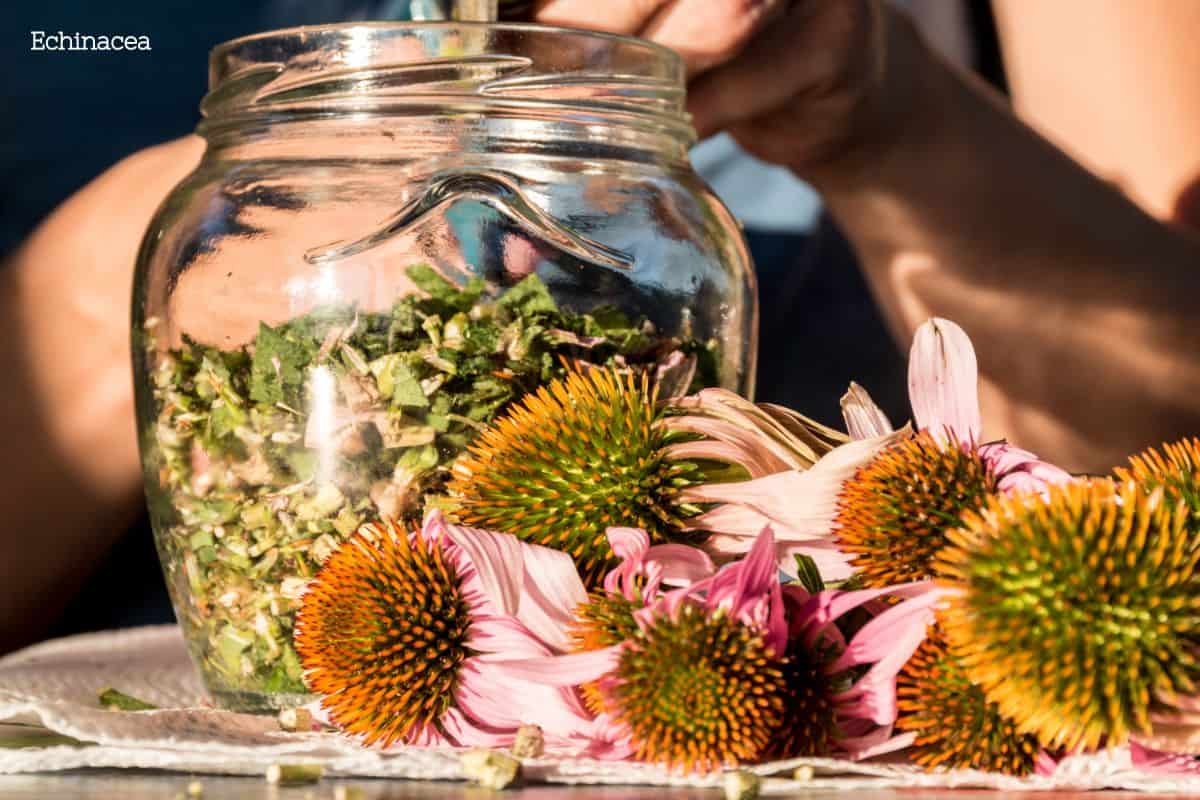
One of the standout features of echinacea is its rich composition of nutrients. Echinacea is known for its vitamin C, dietary fiber, trace minerals, and antioxidant compounds that contribute to a healthy gut and overall well-being.
Echinacea syrup is a great option for those who prefer a quick and easy way to reap the benefits.
And let's not forget about the soothing echinacea tea. This tea can be particularly helpful for maintaining healthy sinuses and pulmonary tissues.
Flowery echinacea not only adds a dash of beauty to your garden but brings a plethora of health benefits right to your cup.
From tinctures to capsules, there are many different ways to incorporate this versatile herb into your routine, depending on your preferences and needs.
In a nutshell, echinacea offers a multi-layered approach to health. Whether it's boosting your immune system or maintaining respiratory health, this herbal titan is here to enhance your wellness journey.
 Herb Pharm Certified Organi...Shop on Amazon
Herb Pharm Certified Organi...Shop on Amazon
 PURE SYNERGY SuperPure Echi...Shop on Amazon
PURE SYNERGY SuperPure Echi...Shop on Amazon
Echinacea Precautions
When introducing echinacea into your wellness routine, it's crucial to be aware of potential risks, including allergic reactions. Some people may experience skin irritation, rash, or more severe allergic symptoms.
Always consult a healthcare provider before incorporating this herbal supplement. This is especially true if you have a history of allergies or are currently taking other medications.
Pregnant or nursing mothers should also exercise caution, as the safety of echinacea in these populations is not well-studied. If you notice any adverse symptoms or allergic reactions, cease use immediately and consult a medical professional for guidance.
FAQ
People who have a compromised immune system, take immune suppressant medications, or have an auto-immune disease may be advised to avoid elderberry products due to their immune-stimulating effects. If you are pregnant, have had organ transplants, or have been diagnosed with kidney or liver disease, it is important to discuss use with a healthcare professional before use.
For those who are taking medications or have certain chronic health conditions like TB, cancer, diabetes, AIDS, COPD, or other auto-immune disorders, it is important to discuss with a healthcare provider before use. The immune-stimulating effects of echinacea may alter the way immunosuppressants act in the body as well.
Elderberry may cause drops in blood pressure causing dizziness or unsteadiness when taken in excess or by sensitive individuals. It can also cause diarrhea or nausea in certain circumstances, especially when undercooked.
Comparing Elderberry vs Echinacea
Elderberry and echinacea both have a storied history in traditional medicine. However, their applications vary, making each uniquely suited to different health needs.
Elderberry excels in combating acute viral conditions and is especially useful during the initial stages of infection. It's also an excellent option for people looking to manage seasonal allergies. This can be attributed to its anti-inflammatory properties that help soothe irritation.

Echinacea, conversely, is your go-to for general immune fortification. It’s particularly useful for pre-existing conditions affecting the respiratory system. Moreover, echinacea has shown promise in promoting a healthy gut microbiome, potentially enhancing nutrient absorption and digestion.

Cost-wise, echinacea tends to be more budget-friendly, especially when purchased in bulk.
Elderberry, given its potent antiviral components, can be pricier, especially when opting for organic or specially formulated blends. However, elderberries can be purchased in bulk as well, and made into syrup at home.
Taste is another factor worth considering. Elderberry has a sweet, berry-like flavor that's often more palatable for children.
Echinacea has a more earthy taste, which some people prefer in the form of a spiced herbal tea.
The bottom line? Elderberry is your targeted warrior against acute symptoms, while echinacea acts as a broad-spectrum safeguard for overall wellness.
Your choice between the two will hinge on your specific health objectives, budget, and even taste preferences.
For optimal benefits, we love to incorporate elderberry and echinacea together.
Sometimes we even combine them with other helpful vitamins, minerals, and herbs like garlic, oregano oil, olive leaf extract, colloidal silver, manuka honey, and more.
Conclusion
Both elderberry and echinacea offer unique yet complementary paths to fortify your immune system. The choice between these two herbal powerhouses ultimately boils down to your specific health goals, budget, and personal preferences.
We hope this article has equipped you with the knowledge you need to make an informed decision for a healthier, more vibrant you.
We'd love to hear your thoughts and experiences! Feel free to share them in the comments section below. If you found this article valuable, please share it with friends and family who may also benefit. And don't forget to subscribe for more insightful articles on herbal remedies, healthy living, and more.
Be well,
Natalie


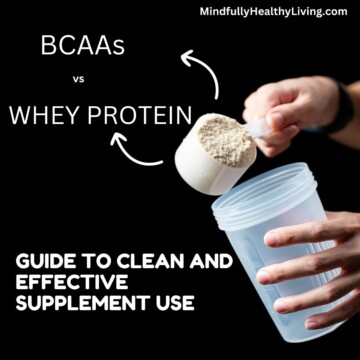
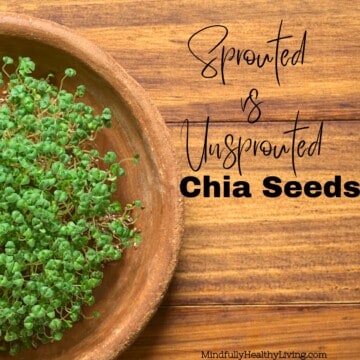

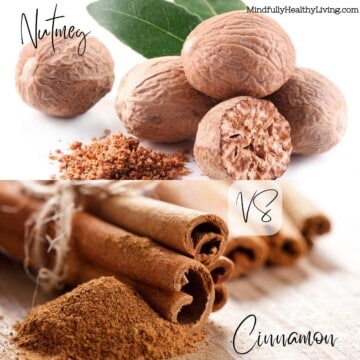



Comments
No Comments